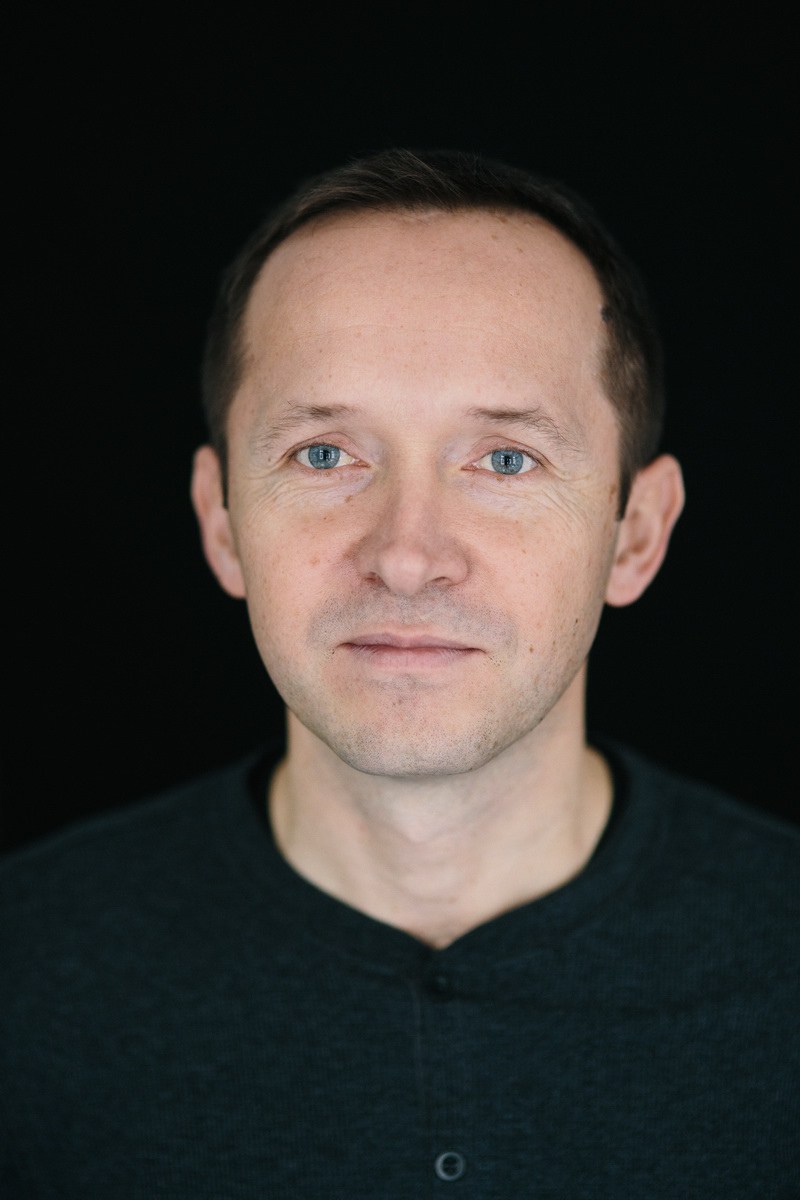In 2014, Hungarian investigative journalist András Pethő wrote an exposé about a series of expensive overseas business trips taken by Prime Minister Viktor Orban’s chief of staff for the popular website Origo.hu.
Orban’s government has not viewed critical journalism of this type kindly. Under Orban’s current tenure, Hungary has dropped to 67th in Reporters Without Borders’ World Press Freedom Index. As the Committee to Protect Journalists noted, Orban’s government has concentrated resources in pro-government outlets and used financial pressures and lawsuits to intimidate critical outlets.
Within days of the story’s publication, Origo’s editor-in-chief, Gergo Saling, resigned – apparently due to political pressure on Origo’s parent company, Magyar Telecom. Pethő and much of the rest of the site’s news staff quit soon afterwards in solidarity.
Pethő, Saling and a number of other former Origo journalists founded a new investigative site, Direkt36. So far, Direkt36 has exposed corruption in Budapest’s municipal government, state contracts won by a company owned by Orban’s son-in-law and a prostitution ring that reportedly catered to legislators and senior government officials.
Recently, Direkt36 contributed to the Panama Papers investigation, reporting on Hungarian politicians and businessmen’s use of offshore companies. Pethő spoke recently with Global Journalist’s Ines Kagubare about launching an investigative startup and the threats to press freedom in Hungary.
GJ: Does Direkt36 face political pressure in the same way that you did at Origo?
Pethő: No, not really. What we are struggling with sometimes is getting access to public records. It’s getting more and more difficult. Just recently, one of my colleagues was working on a story where she had to collect land records. She was collecting data on the area where the prime minister and his family own estates. … After a while, she was denied access. She was told that she couldn’t get any more records. … We don’t know for sure [if it was] because of political reasons, but it’s possible.
 Tell us about the events that led you to resign from Origo.
Tell us about the events that led you to resign from Origo.
For a long time, Origo was a good place to do journalism. We had a financially stable owner, we had complete freedom to report about politics and I had never experienced any interference.
However, things started to change around 2013. It became quite clear that we didn’t have that much support from the company. I suspect the company itself was probably under some sort of political pressure, but I don’t really have any proof.
It started with a really simple and routine story about government traveling expenses. I found that the head of the prime minister’s office had three trips where hotel [costs] were much higher than other officials’ trips. I also found that these trips were kind of mysterious. There were no records of them, so I started to ask questions, but [the government] refused to answer these.
So we filed a freedom of information request, and if you don’t get an answer, you take them to court. We launched a lawsuit against the prime minister’s office…and they asked to postpone the first hearing of the trial. [Origo’s publishing company] also wanted us not to pursue the story. It wasn’t really a surprise that my editor was forced out a couple months later after the first story appeared. Several reporters from Origo resigned, including myself. That was how Direkt36 was born, so eventually something good came out of it.
What challenges do you face as an investigative journalist in Hungary? How does Direkt36 overcome them?
We face a lot of legal challenges, so we try to get good lawyers, which we do have. … The best way to tackle that is to make sure you’ve got your facts right, you are asking the right questions and you treat them fairly. So far, we haven’t been sued yet.
Of course, there are less concrete challenges. There is quite a lot of fear among people who have information. They are not willing to share [it] because they are either afraid or they think that it’s not worth it, because even if the information gets published, there will be no consequences. That is something that is really hard to tackle, because what can you tell them? Sometimes in Hungary, really good investigative stories hardly have direct consequences.
Where do you see the future of investigative journalism in Hungary? Is it going in the right direction?
Yes, probably. For example, using data for journalism and for investigation is getting more and more widespread. I see that journalists are interested in learning these skills.
But when I look at the market, it’s a much darker picture. The space for this kind of journalism is shrinking. You have private media companies that are under pressure by the government… The business of news media is in crisis and the business model has been turned upside down. ... On top of that, you have a political climate that is not very journalism-friendly.
An unabridged version of this post originally appeared on Global Journalist and is republished on IJNet with permission. Ines Kagubare is an assistant producer at Global Journalist.
Main image of Budapest, Hungary CC-licensed by Flickr via Milos Golubovic. Secondary image of András Pethő courtesy of Global Journalist.

